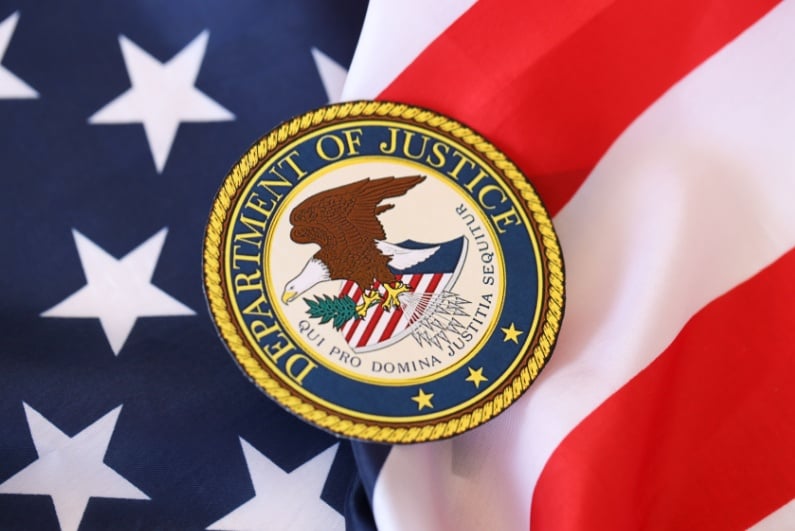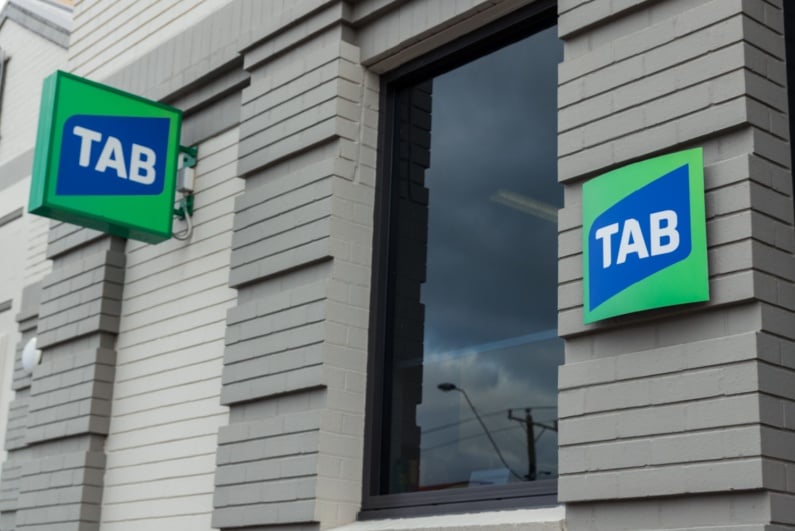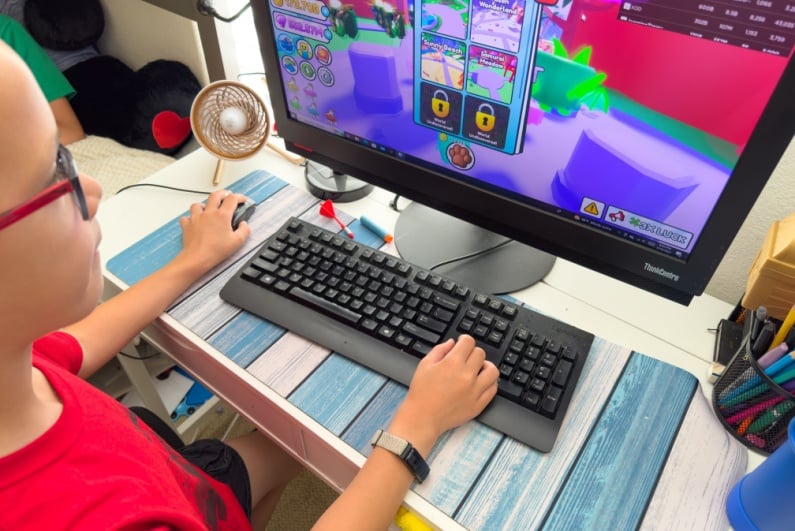
Latest News Stories
Casino News
Crime
Most viewed articles
- Cheater Ren Lin’s GGPoker and WSOP ‘Indefinite Ban’ Lasted Just 7 Weeks
- Gambling New Jersey Pizzeria Boss Sentenced to Prison for $2.7m PPP Fraud
- Your Worst Downswing of 2025? 20 Poker Players Weigh-In
- Did You Hit Your Goals in 2025? 20 Poker Players Weigh-In
- Dave Portnoy Explodes After Raiders Field Goal Decision Ruins 8.5-Point Spread
- Ex-Teen Hacker Reveals Origin in Gaming, Warns Kids Are Stealing ‘Millions’
- Top News Stories
- Zac Brown Band Won’t Change Sphere Show Over Satanic Claims
- Former GVC Execs Start Civil Claim Against UKGC
- Calgary Casino Employees Arrested After Allegedly Handing Out Unearned Winnings













